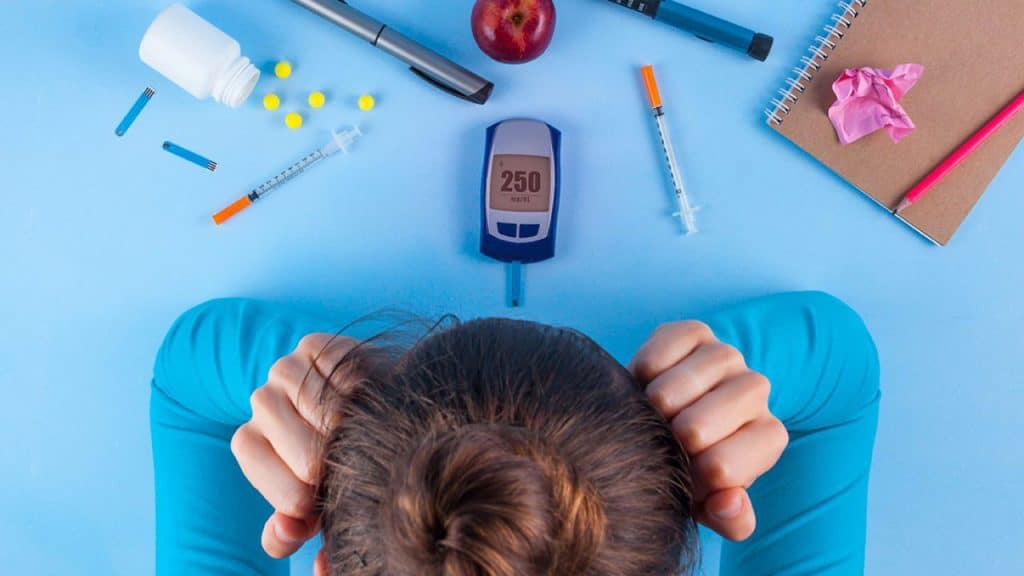You might think of diabetes as a physical condition, but it can have a negative effect on your mental health as well. People with diabetes are more likely to suffer from anxiety or depression, which isn’t really surprising when you think about it. It does put you under a significant amount of stress. Luckily, there are also ways to manage these risks.
According to one study, you’re as much as 20% more likely to receive an anxiety diagnosis if you have diabetes. That’s especially true if you’re a young adult, and it also seems to vary by race. The reasons for this are multi-layered, ranging from the difficulties of constantly having to manage your diet and insulin to the effect of changing blood sugar levels on mental health.
It can work the other way as well. If you’re already suffering from anxiety, it may mean that your risk of developing type 2 diabetes is increased. It is not clear whether this is a direct factor or if it’s because people who are anxious are less likely to be able to maintain a healthy lifestyle with the balanced diet and regular exercise that are so important to try to reduce the risk.
There are also situations when anxiety and a diabetic incident can become confused. Panic attacks, which can be a symptom of anxiety, have very similar characteristics to hypoglycemia. This includes your heartbeat racing, vision blurring, shaking, sweatiness and dizziness. Both may require treatment, but hypoglycemia is an immediate emergency that needs instant medical intervention or it could be life-threatening.
Diabetes has specific treatments, such as insulin. There are also particular medications recommended for dealing with clinical anxiety, which can be used alongside therapy if necessary. What both conditions also have in common, however, is that they can benefit from certain lifestyle changes.
The most obvious of these changes include a healthy and balanced diet, regular exercise, getting adequate amounts of sleep, stopping smoking, and generally practicing techniques that relieve stress and help you focus. These may reduce your risk of developing anxiety or depression; if you already have the conditions, they may allow you to manage the symptoms more effectively.
Physical and mental health are often more closely related than you think. You need to take care of both if you want to be as healthy as possible.




